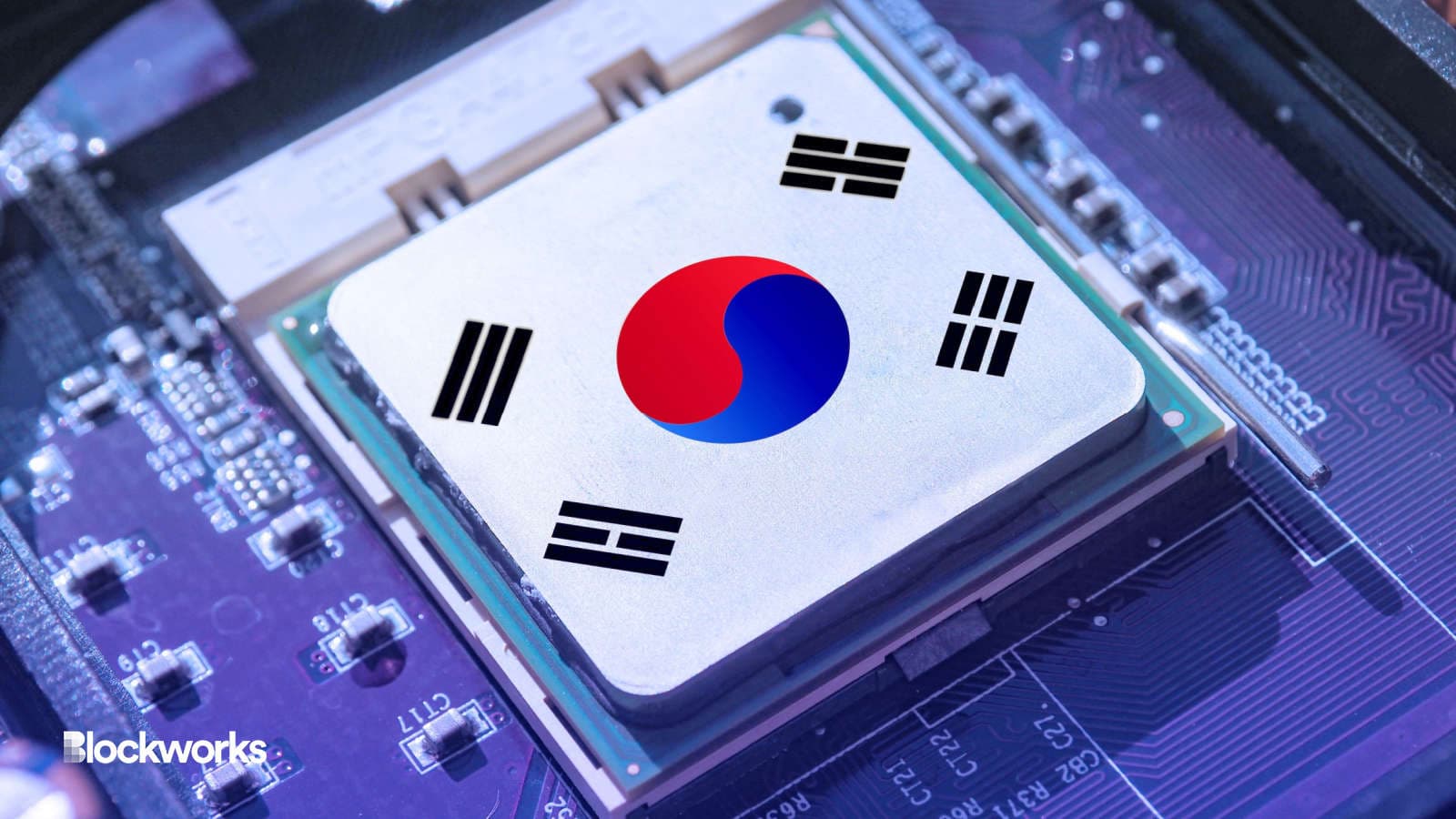Top South Korean banks gear up for a $27B security token market
South Korea’s biggest commercial banks are exploring security token platforms to establish a trading ecosystem for corporate bonds

Popel Arseniy/Shutterstock modified by Blockworks
Several major lenders across South Korea have reportedly joined a bank consortium dedicated to security token offerings (STOs).
In April, Seoul-based NongHyup established the consortium with the aim of creating an ecosystem centered around security tokens.
In the context of South Korea, these are blockchain- or DLT-powered versions of traditional investments such as stocks or bonds, but could also confer share ownership or other rights in real estate, investment funds and even artwork.
The Korea Herald reported Thursday that Hana Bank, Shinhan Bank and Woori Bank have now joined the NongHyup’s consortium.
The group includes other fintech companies like Funble, Trackchain (a subsidiary of fintech Aton) and Artipio, bringing the total number of members to 18. Blockworks has reached out to NongKyup for comment.
South Korea legalized security token offerings earlier this year, responding to the rising demand and popularity of digital assets domestically and abroad.
South Korea’s Financial Services Commission published guidelines on these tokens in February, saying they fall under the country’s capital markets law.
South Korean banks push for tokenized corporate bonds
STOs first appeared around 2019, and although the associated South Korean market is still in its early stages, it’s projected to hit 34 trillion won ($26.6 billion) by 2024, the Korea Herald noted.
NongHyup teamed up with two other banks Suhyup and Jeonbuk, along with six security token-related firms including Seoul Auction Blue, Galaxy Money Tree and JB Investment, to create the consortium.
NongHyup reportedly said that members of the consortium will explore ways for banks to enter the STO market while adhering to regulatory guidelines.
They also plan to collaborate on developing platforms for issuing token securities. Ultimately, the goal is to establish a tokenized securities ecosystem where companies can issue tradable corporate bonds as security tokens.
Tokenization is becoming increasingly popular across various blockchain ecosystems. In 2023, prominent institutions including Goldman Sachs and Siemens have embraced tokenized assets in some form.
Get the news in your inbox. Explore Blockworks newsletters:
- The Breakdown: Decoding crypto and the markets. Daily.
- Empire: Crypto news and analysis to start your day.
- Forward Guidance: The intersection of crypto, macro and policy.
- 0xResearch: Alpha directly in your inbox.
- Lightspeed: All things Solana.
- The Drop: Apps, games, memes and more.
- Supply Shock: Bitcoin, bitcoin, bitcoin.





